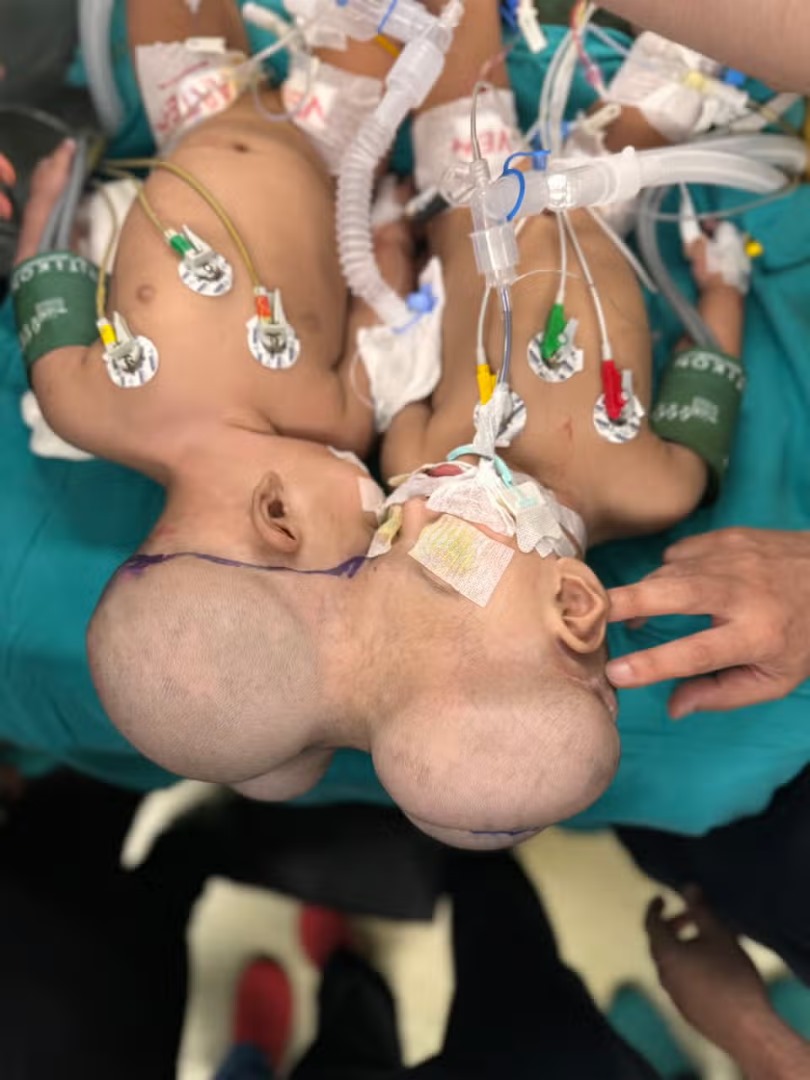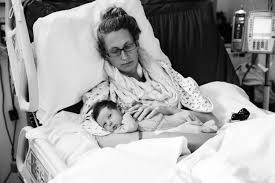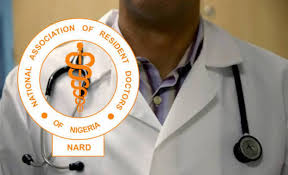
3D technology aids London surgeon in separating conjoined twins operation
Following a difficult 14-hour procedure to successfully separate one-year-old conjoined twin girls, a London surgeon has expressed his immense satisfaction.
The complex process was finished in Turkey by Professor Noor ul Owase Jeelani, a specialist paediatric neurosurgeon at Great Ormond Street Hospital, according to an Evening Standard story published on Wednesday.
Minal and Mirha, the conjoined twins who were connected at the head as craniopagus twins and were born in Pakistan, are currently recuperating and should fully recover.
They required highly careful surgery because they shared critical brain tissue and blood arteries.
As the twins' parents saw their girls begin a new chapter in life, Jeelani, who oversaw the procedure through his charity, Gemini Untwined, characterised the occasion as "a really wonderful feeling."
Jeelani told the Evening Standard, "It was a really wonderful feeling to see two healthy children and the joy on their parents' faces."
To divide the twins' shared brain tissue and blood vessels, a sophisticated three-month-long procedure at Ankara Bilkent City Hospital used cutting-edge methods, including mixed reality (MR) technology.
"During the surgery, we used specialised goggles to view images of the brain and blood vessels superimposed onto the child's head," Jeelani said, praising the technology's accuracy and potential to completely transform surgical planning.
The twins were flown from Pakistan for the life-saving procedure after the matter was brought to Jeelani's team in 2023 with assistance from Gemini Untwined and the Turkish authorities.
Jeelani acknowledged the teamwork after achieving the goal, stating, "Against the odds, we managed to pull it off."
One in every 2.5 million births results in conjoined twins, which are extremely unusual and have a significant death rate. Given that she has successfully divided conjoined twins in Brazil, Israel, and Pakistan, Jeelani's ability is acknowledged on a global scale.
Jeelani highlighted the superiority of British medicine despite the fact that this procedure was not carried out in the country, saying, "We are world leaders in delivering this kind of complex surgery."
Due to a rare prenatal abnormality, Minal and Mirha were born conjoined, sharing vital blood arteries. "They're recovering quite well, it's amazing," Jeelani said to Sky News.
"In a few weeks, they ought to be able to return to Pakistan," he said.
Jeelani launched the nonprofit Gemini Untwined, which aims to improve surgery and care for infants with complicated craniofacial disorders including those with craniopagus.
"We made a similar request to the Turkish government because we had already performed surgery on two Turkish boys in 2020," Jeelani stated. A week later, they returned with a favourable answer. The logistics of getting the kids from Pakistan to Turkey and our team from the UK over were challenging, but everything went incredibly well, and the Turkish staff was outstanding.
Impact of MR Technology in 3D
Mixed reality (MR) technology, which enhances precision by combining 3D images with real-world settings, helped with the surgery.
"We employed special goggles for the surgery that allow you to see images of the brain, blood vessels, or any other desired anatomical area. After that, you can place it and place it over a child's head while the process is happening.
"The technology aids in providing you with the confidence that your surgical planning was accurate. It occasionally reveals things to me that I had not noticed. I envisage mixed reality being used in more routine surgeries in the next five years. With any luck, we can inspire upcoming engineers and surgeons to advance its development," Jeelani said.
Just one in every 60,000 births are conjoined twins, and only 5% of them are craniopagus.
Gemini statistics show that conjoined twins have a short life expectancy, with roughly 40% stillborn or dying in childbirth.
Twins that are conjoined
Conjoined twins are an uncommon occurrence that arises from a single fertilised egg's inadequate separation in its early development.
There can be a wide range of congruence between the twins, from simple connections of the chest or abdomen to more intricate fusions of the liver, heart, or other important organs.
Conjoined twins exhibit exceptional tenacity and a special kinship, navigating life together with remarkable adaptation and shared experiences, despite the medical and surgical hurdles they frequently confront.
The Ankara Bilkent City Hospital carried out two surgical phases of the operation over a period of three months, with the latest part taking fourteen hours to complete.





